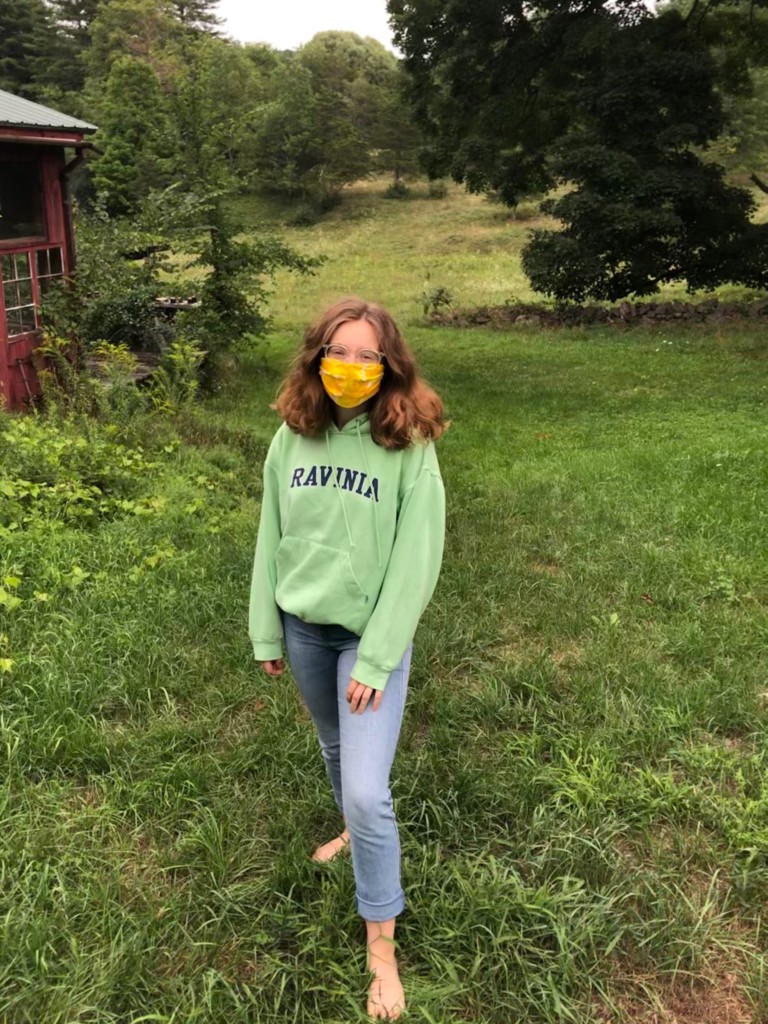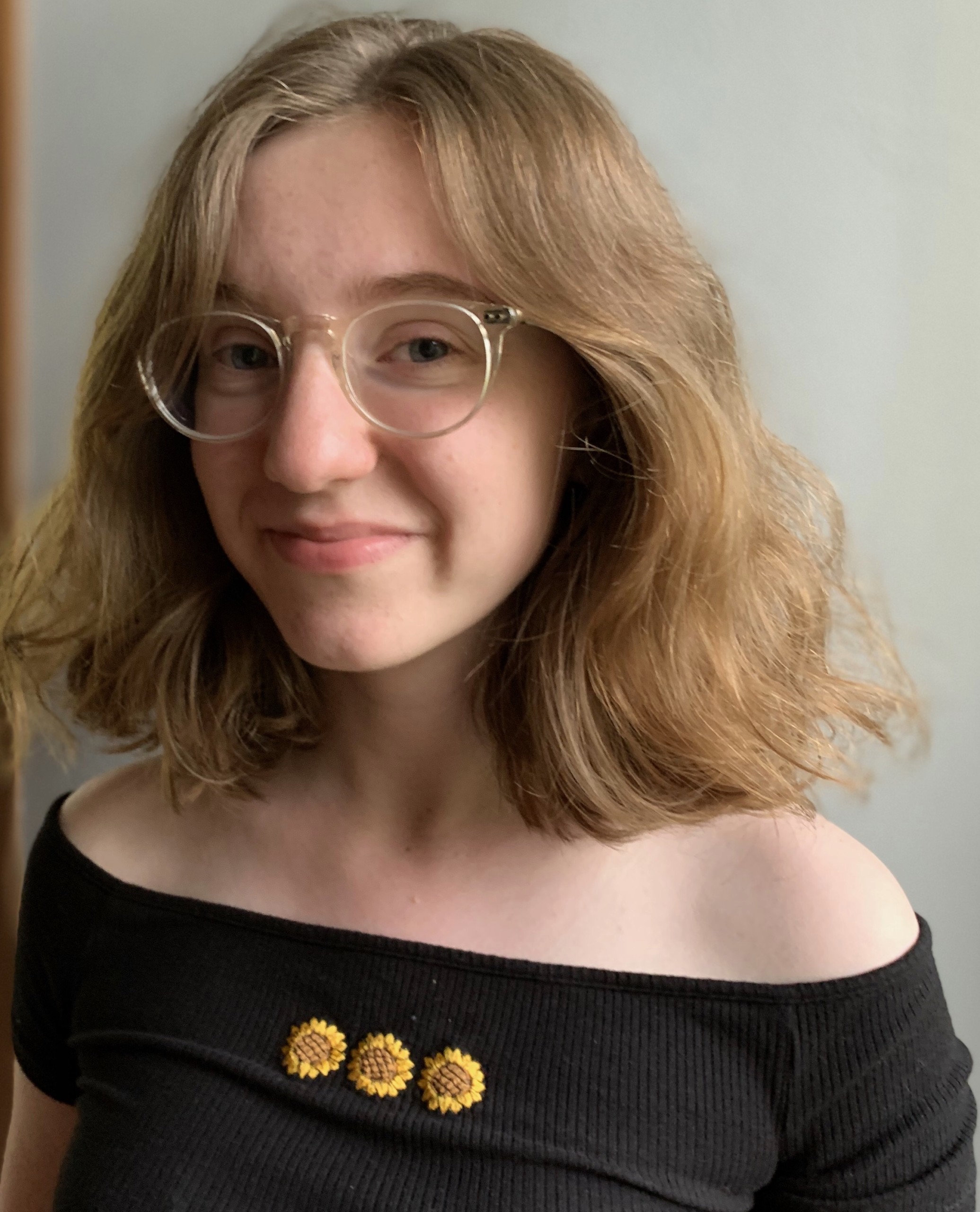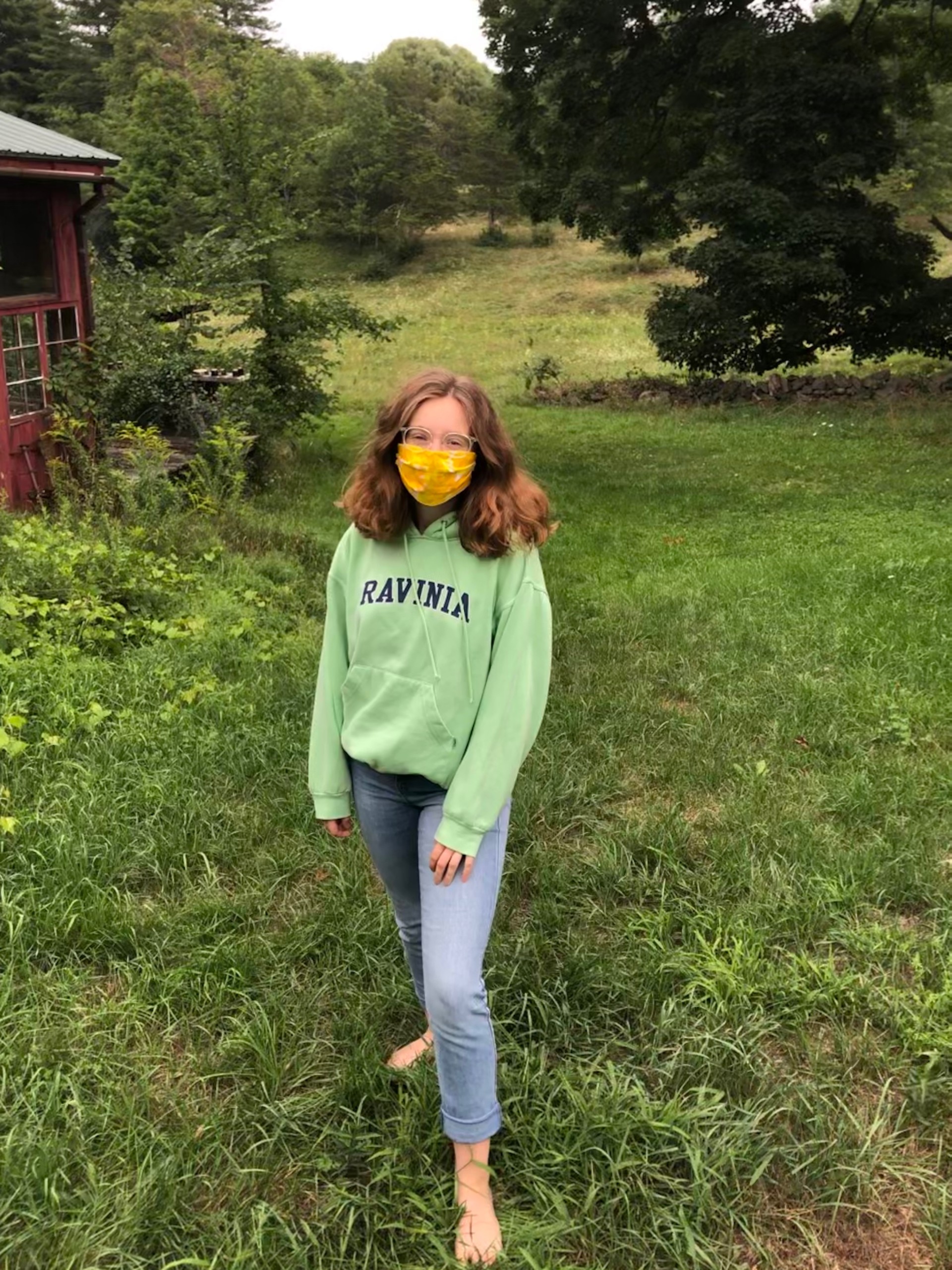Lately, I’ve been thinking about control. Who gets it, and why? What happens when we lose it? In this essay I will —
I’ve felt a little out of control recently. I imagine most other people our age are feeling that way, too, considering the idealizations we had for our college years are being dangled in front of us, like how that old man in the insurance commercial dangles a dollar bill on a fishing pole just out of a woman’s reach.
Often when I feel out of control, I look for a scapegoat, something to blame. It’s the weather, I think when I’m sad. It’s my astrological sign, I think when I can’t explain my emotions. But does anything ever happen for a reason?
Ultimately, I’ve been slowly losing hope for the future — of America, of our school year, of our health both as a student body and as a country. As the year progresses, things seem to be getting worse, not better, and my recent musings on politics and the pandemic have rendered me feeling totally and completely helpless.
So, where do we lie in this greater cosmic web of disaster? I don’t know. I’m not currently sure of my place in the world. And other than staying involved and educated, I don’t know how to regain that feeling of control again.
But one thing I’m sure of is that I’m not alone in my helplessness. For those of you out there who feel the same as we start this school year, which will be new and different in so many ways, I can only suggest that you turn to the things that make you feel autonomous. Rewatch the movies you’ve seen so many times before. Listen to the artists and albums that changed your life. If you’ll be living with your roommates, turn to them for connection. If you’ll be living with your family, show them the art that makes you happy. And if you’re living with family you don’t like … I’m sorry. Turn to the people you do like, as poor as your internet connection over Zoom or FaceTime may be.
In times of trouble, I often turn to one of my favorite short stories, which I’ve read and reread for comfort over the years. It’s called “Paper Lantern” by Stuart Dybek, and it’s about a group of scientists watching their laboratory burn down because of an accident with a Bunsen burner. They stand outside on the sidewalk as their years of research disappear in front of their eyes. One of the scientists, while watching, reflects on a relationship with a past girlfriend and thinks of something she said to him many years ago.
“I was crying because the way we fit together seemed suddenly so familiar, as if there was some old bond between us,” she had said. “I felt flooded with relief, as if I’d been missing you for a long time without quite realizing it, as if you’d returned to me after I thought I’d never see you again.”
Isn’t that the sort of human connection we look for throughout our whole life? Maybe, for a while, those sorts of relationships will be stunted. We can’t randomly run into each other at parties, and we won’t be spending long, late nights together in the lounges of our dorms. We can’t be astounded by the fast friendships we make that feel totally and completely familiar. Instead, I think, we’ll have to turn to our favorite art pieces for that comfort. We’ll have to return to the books, movies, and music that shaped us and hope they help rekindle a sense of control over our lives. Until next time, that’s all we have.



